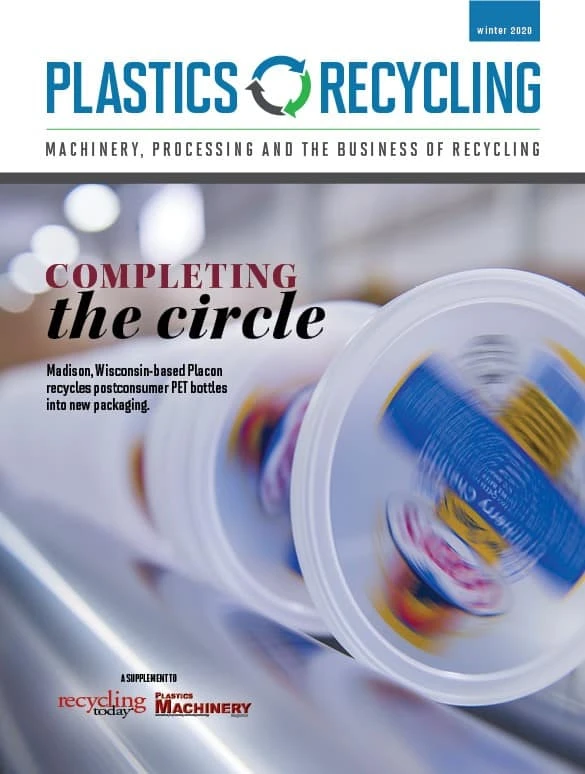
Recycling is an easy target for critics. In the case of plastics, only a fraction of what is produced worldwide gets recycled into new plastics. Far too much ends up in the environment. The infrastructure for collecting and reprocessing used plastic is a patchwork of companies not necessarily working together; financial incentives for recycling are poor when oil prices are low; and comprehensive government direction does not exist.
GreenBiz recently published an opinion article by Ross Polk that says traditional recycling is a great example of greenwashing. He’s writing about recycling in general, including plastics, when he says that “after 50 years of existence, recycling has proven to be an utter failure at staving off environmental and social catastrophe. It neither helps cool a warming planet nor averts ecosystem destruction and biodiversity loss.”
As the business development director at Full Cycle Bioplastics, he may have a bias because his firm’s polyhydroxyalkanoate bioplastic is marketed as an alternative to oil-based plastics. However, Polk makes these points:
- China’s decision to ban imports of foreign scrap eliminated what was a subsidy to our recycling markets. Without an easy market for this material, local governments have been flummoxed by the waste their communities generate.
- Corporate responsibility strategies continue to be dominated by traditional recycling initiatives and little else. It is less risky to double down on recycling instead of investing in products designed for longevity, advanced disassembly and reuse or in using only nonhazardous chemicals.
- Recycling has become a distraction because it perpetuates the facade that societies can consume with abandon and without consequences.
I disagree with Polk on many of his points, but there is unquestionably more anti-recycling and anti-plastics rhetoric in the general media today. We have to take notice.
Recycling is an important part of a circular economy. Circularity is just starting to seep into our consciousness and needs to be part of our thinking going forward.
We need a national framework that fosters development of the entire recycling chain, starting with local collection and going through the incentivization of brand owners to use recycled plastics. City councils are woefully unequipped to develop strategies that work for their cities and support a national program.
We need recyclers to be more aggressive in convincing the financial community to invest in their businesses. Good growth is predicted in most recycled plastics markets. We need more technology. Virgin resin manufacturers are starting to apply their technological prowess to recycling, and a game-changing breakthrough could be close.
The critics of plastics and plastics recycling probably are going to get louder and grab more headlines. But we have no current viable alternative to plastic, so our challenge is to keep pushing to improve all parts of the plastics recycling system.

Explore the Winter 2020 Plastics Recycling Issue
Check out more from this issue and find your next story to read.
Latest from Recycling Today
- Aqua Metals secures $1.5M loan, reports operational strides
- AF&PA urges veto of NY bill
- Aluminum Association includes recycling among 2025 policy priorities
- AISI applauds waterways spending bill
- Lux Research questions hydrogen’s transportation role
- Sonoco selling thermoformed, flexible packaging business to Toppan for $1.8B
- ReMA offers Superfund informational reports
- Hyster-Yale commits to US production





